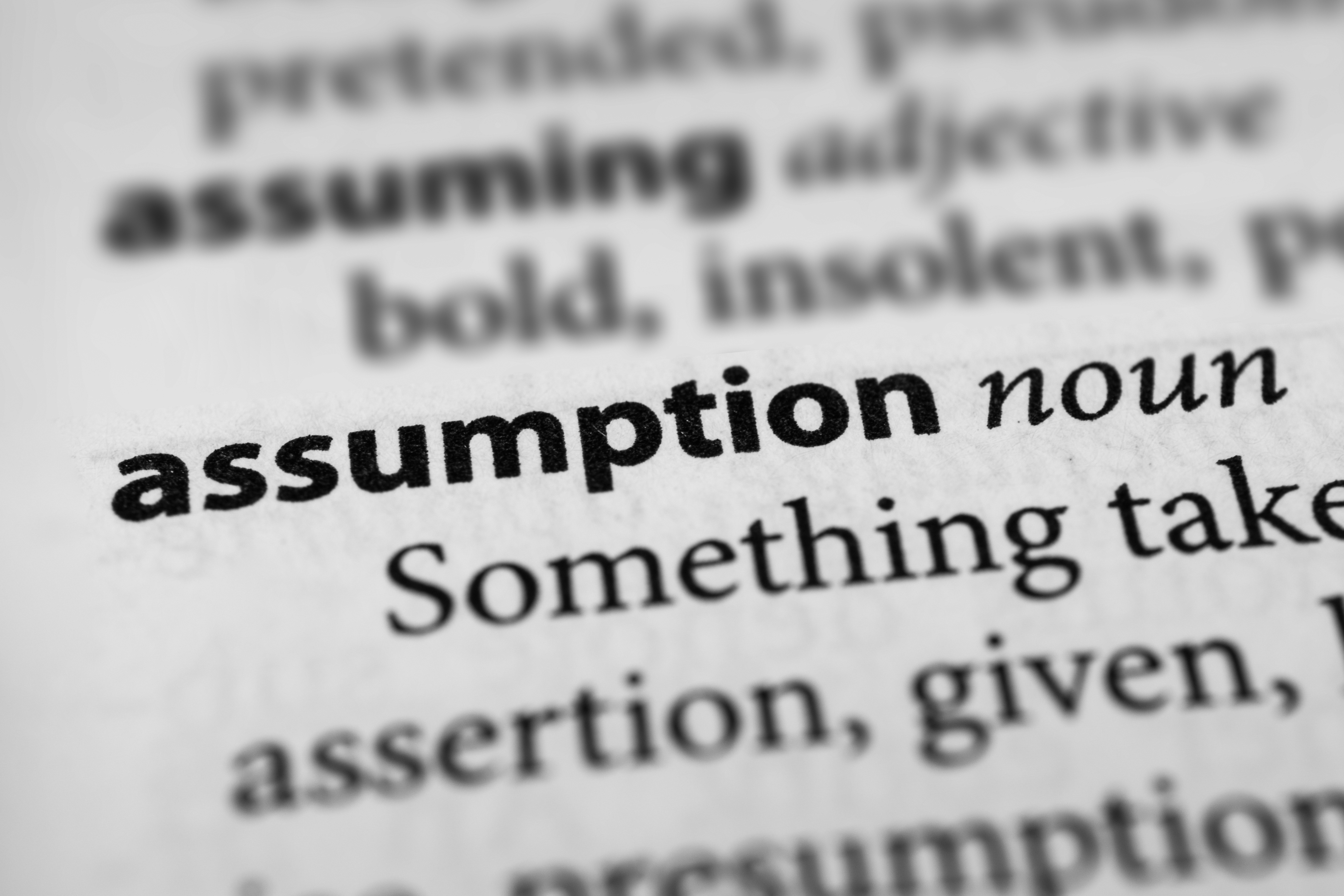Five months after Governor Newsom called for a special session on his “urgent” refinery windfall tax proposal, the California Legislature finally made its first move on the topic.
An informational hearing held by the Senate Energy, Utilities and Communications Committee asked a simple question: Will Newsom’s proposal provide relief for Californians?
According to the governor, “experts agreed” that his new tax scheme was “the only viable proposal” to address high prices at the pump.
But that rosy assessment doesn’t align with the reporting of those who actually watched the proceedings.
Politico’s recap highlighted the testimony of UC Berkeley professor and energy economist Severin Borenstein, who told the committee:
“Policies intended to affect refineries are not going to get at most of the reasons Californians are paying a higher price for gasoline.”
Politico pointed out how some legislators rejected Newsom’s entire premise for the special session – that gouging by oil companies is to blame for higher gas prices. As Sen. Dave Min (D-Irvine) stated unequivocally in the hearing: “We don’t really have a smoking gun as far as I can see, that shows intentional collusion” on gas prices. Notably, the courts and Newsom’s own government have yet to substantiate the governor’s repeated claims of price gouging by oil companies.
In their coverage of the hearing, the Associated Press said Newsom’s proposal made “little progress,” stating “it’s not clear if California’s Legislature is following him.”
The AP cited Sen. Bill Dodd (D-Napa) who questioned whether the Newsom administration understood all the potential effects of its proposal on working families, especially since other windfall profit tax schemes have backfired elsewhere:
“What the hell are the possible unintended consequences that could hurt those very people to a greater extent?”
The Sacramento Bee reported: “Democrats and energy experts expressed uncertainty Wednesday about the right strategy to address high gas prices.”
The Bee highlighted how “the Newsom representatives who presented the plan still didn’t have information about how the governor proposes to set a cap on oil company profits or who would be eligible to receive refunds.”
While the governor may pretend that his proposal is sound and its legislative debut was a great success, anyone who actually watched the special session hearing knows better.


